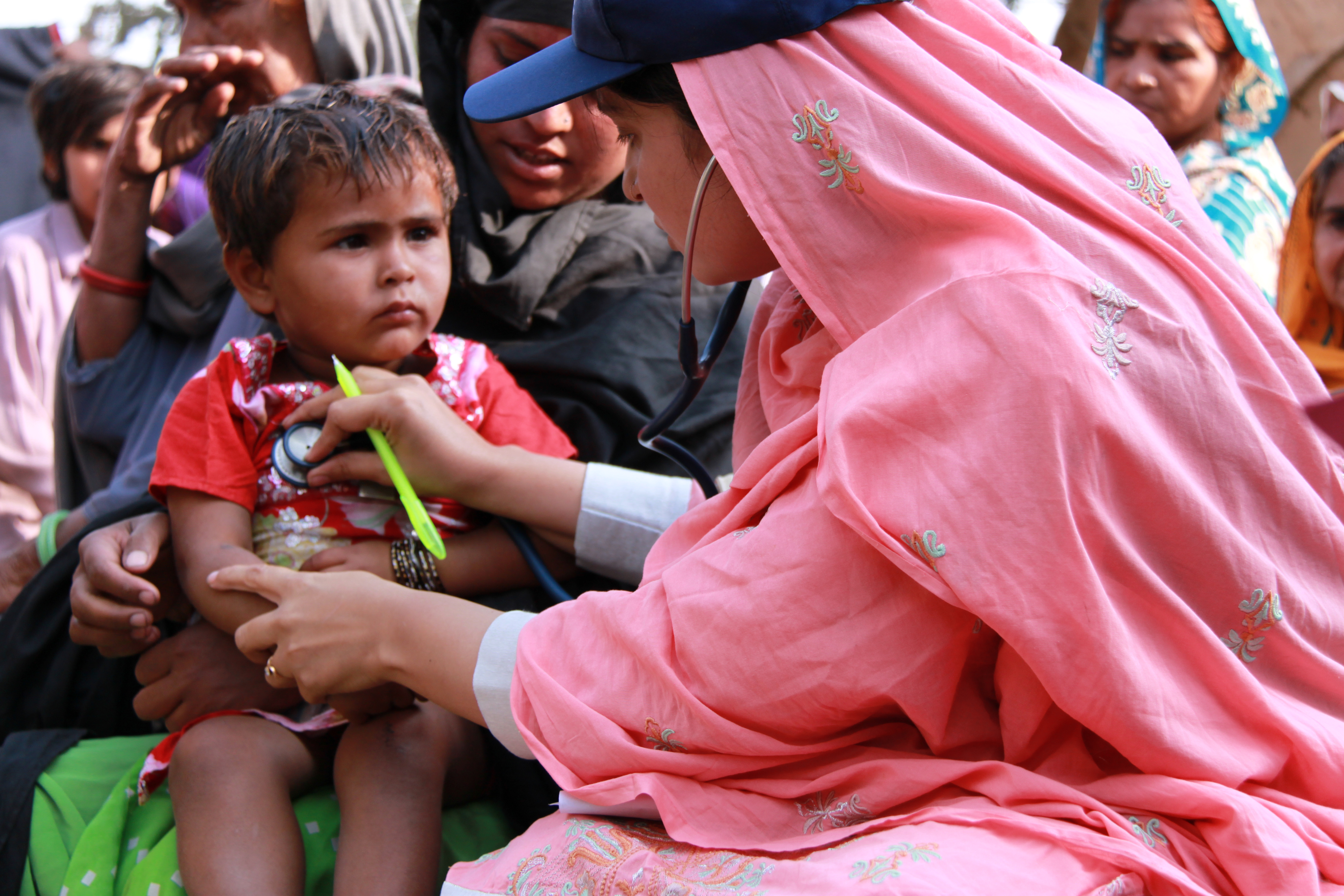
A pair of public health researchers received close to $500,000 in funding from the Canadian Queen Elizabeth II Diamond Jubilee Advanced Scholars Program to develop scholars who will improve maternal and child health in Canada and four low- and middle-income countries.
Statistical Alliance for Vital Events (SAVE) is a partnership between the Centre for Global Health Research of St. Michael’s Hospital and the Dalla Lana School of Public Health’s Collaborative Specialization in Global Health at the University of Toronto.
Through SAVE, 20 scholars from Ethiopia, India, Mexico, Mozambique and Canada will learn to conduct multidisciplinary research to improve maternal and child health surveillance systems and link data to national programs and policies.
“Health surveillance systems provide the much-needed evidence and accountability to produce a roadmap to better health, but essential surveillance systems are rare in most low- and middle-income countries,” said Dr. Prabhat Jha, who is founder of the Centre for Global Health Research of St. Michael’s Hospital and professor of Epidemiology at U of T’s Dalla Lana School of Public Health.
Dr. Jha said these scholars, half of whom are women, will be able to develop routine, reliable, low-cost, long-term surveillance of health conditions that impact their respective populations, evaluate the success of interventions and improve accountability for health expenditures.
“SAVE will help build research capacity among scholars to use mortality evidence to improve maternal and child health outcomes and become engaged leaders in their countries,” said Erica Di Ruggiero, director of the Office of Global Public Health Education and Training at the Dalla Lana School of Public Health.
SAVE is one of 23 national research projects funded by the Canadian Queen Elizabeth II Diamond Jubilee Advanced Scholars Program that supports doctoral, postdoctoral and early-career level scholars to undertake global research projects. The Program is managed through a unique partnership between Universities Canada, the Rideau Hall Foundation, Community Foundations of Canada and Canadian universities. It is made possible with financial support from the International Development Research Centre and the Social Sciences and Humanities Research Council.
